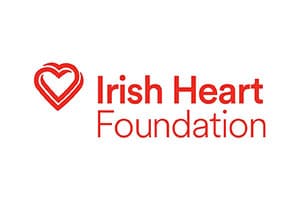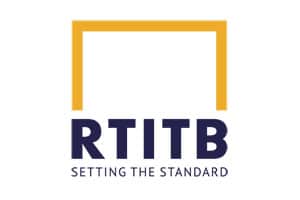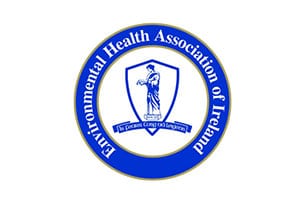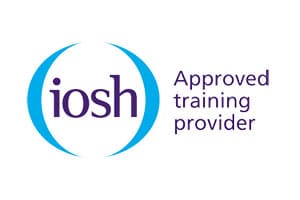Ireland observes Daylight Saving Time (DST), which is related to health and safety in several ways:
The time change in winter, commonly referred to as “Daylight Saving Time” (DST) or “Standard Time,” can have both positive and negative effects on health and safety. It’s important to note that the impact of time changes can vary from person to person, and the specific effects may depend on individual circumstances. Here are some considerations related to health and safety during the winter time change:
- Sleep Patterns:
- Spring Forward: When DST begins in the spring, people lose one hour of sleep, which can lead to sleep deprivation and disrupted sleep patterns. This can result in grogginess, decreased alertness, and an increased risk of accidents, particularly on the road.
- Fall Back: When DST ends in the winter, people gain an extra hour of sleep. This can have a positive impact on sleep patterns, with potentially improved alertness and cognitive performance.
- Mental Health:
- Seasonal Affective Disorder (SAD): Some individuals are more prone to experiencing depression or mood disturbances during the darker months of winter. The end of DST, when there is more natural daylight in the morning, can help alleviate some symptoms of SAD.
- Safety:
- Traffic Accidents: The time change in the fall, with the “fall back” adjustment, is associated with a temporary decrease in evening traffic accidents due to the increased visibility during evening commutes.
- Pedestrian Safety: With the end of DST, there is more daylight in the morning, which can improve visibility for pedestrians and reduce the risk of accidents involving pedestrians.
- Heart Health:
- Research has suggested that the disruption in sleep patterns associated with the spring forward transition may be linked to a slight increase in heart attacks and other cardiovascular events.
- Work Productivity:
- Some studies suggest that the “spring forward” change may lead to a temporary decrease in workplace productivity and an increase in workplace accidents due to sleep disturbances.
- Circadian Rhythm Disruption:
- Both the spring forward and fall back transitions can temporarily disrupt the body’s internal clock, which regulates various physiological processes. This disruption can affect mood, appetite, and overall well-being.
To mitigate the potential negative impacts of the winter time change on health and safety, individuals can take proactive measures such as gradually adjusting their sleep schedule in the days leading up to the change, ensuring a dark and quiet sleeping environment, and maintaining a consistent sleep routine. Additionally, increasing exposure to natural light during the day and staying physically active can help improve mood and overall well-being during the darker winter months.
It’s important to remember that individual responses to time changes can vary, and not everyone experiences significant negative effects. Nonetheless, it’s a good practice to be mindful of these potential health and safety considerations and make adjustments as needed to minimize their impact.









